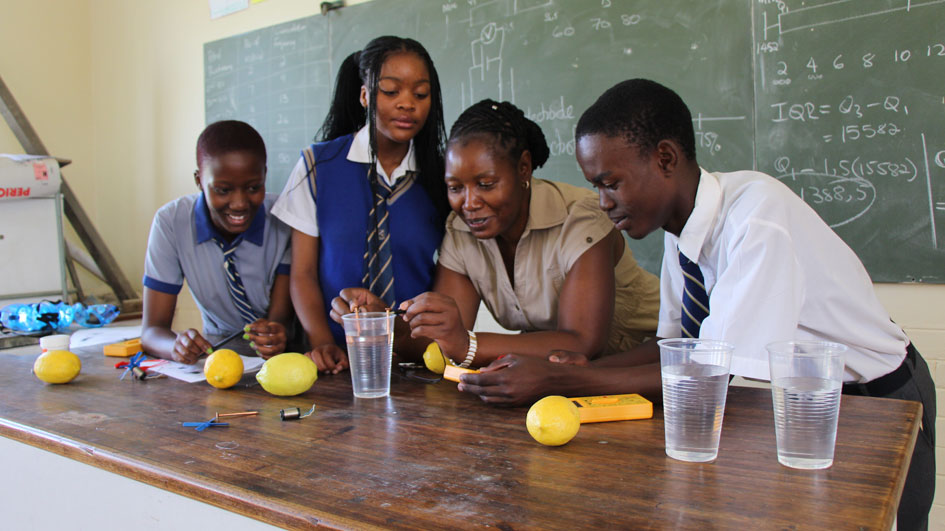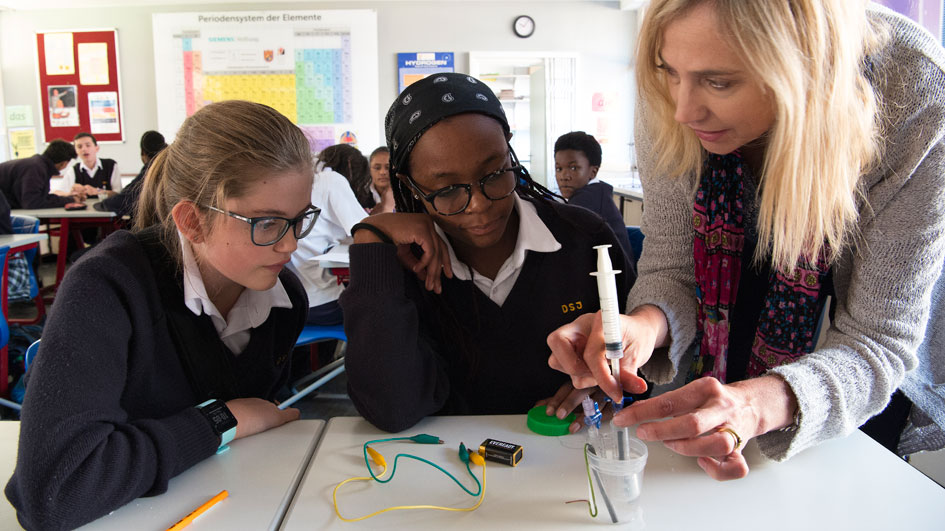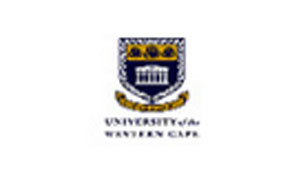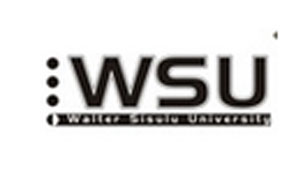Experimento in South Africa
Experimentation increases self-confidence

Program
Experimento is Siemens Stiftung’s international STEM education program. It is based on the principle of inquiry-based learning, in which students actively shape their individual learning processes. The focus is on independent experimentation, research and understanding of phenomena in the subject areas of energy, environment and health.
Overview
Overview of Experimento in South Africa
- Experimento implemented in 2012
- Deployed in the provinces of Gauteng, Western Cape, Eastern Cape and KwaZulu Natal in South Africa
- Collaboration with universities to integrate Experimento into teacher education
- Training certified as an official advanced training instrument in accordance with guidelines set by the South African Council for Educators (SACE)
- STEAM Foundation NPC established for permanent implementation of Experimento
- Significant improvement of STEM results in the Annual National Assessment at schools using Experimento
- Training for about 960 educators
- Around 97,400* children reached
* The number assumes that every instructed kindergarten or elementary school teacher shares the knowledge 5 times with one group or class, and a subject teacher shares it 5 times with two classes.

»In the seminars, we go through each experiment with the other teachers. That provides peace of mind.«
Interview Alfridah Bilankulu, Physiklehrerin Musi High School
Country-specific adaptation
- Adjusting to CAPS
In 2018, the STEAM Foundation NPC adapted the contents of Experimento I 4+, I 8+, and I 10+ specifically for the South African curriculum (Curriculum Assessment Policy Statements / CAPS). - Teacher instructions for cooperative learning
A handout developed at Deutsche Internationale Schule Johannesburg shows how the concept of cooperative learning can be used in STEM lessons.
Impact
Experimento works
Researchers at the University of the Western Cape – School of Science and Mathematics Education examined the use of Experimento I 10+ in the South African province of Western Cape. Teachers positively assessed the lessons, which are based on experimentation and activity, saying they were less abstract than teaching approaches based on direct instruction. Experiential learning proved to be an effective method of conducting lessons – even in classes of up to 60 children. This was best demonstrated by improvements in the students’ performance: Teachers observed that experimentation made scientific and technological interrelationships easier to understand.
A second evaluation, conducted by the School Development Unit (SDU) of the University of Cape Town (UCT), examined Experimento’s impact on lesson design. Inquiry-based learning is supplemented by cooperative learning methods, meaning Experimento allows teachers to involve students in lessons that focus on the students themselves in addition to an emphasis on activity. This success can be traced back to the teacher’s increased self-confidence.
Contact
Would you like to support Experimento in South Africa? The STEAM Foundation provides several ways for companies and NGOs with a focus on education to take part.
Project manager Experimento South Africa
Rebecca Ottmann
rebecca.ottmann@siemens-stiftung.org
+49 174 155 94 83
Head of STEAM Foundation
Kathryn Kure
kathryn@steamfoundation.org.za
+27 832 5209 92
Would you like to learn more?
Websites
Downloads
Would you like to support Experimento in South Africa? The STEAM Foundation provides several ways for companies and NGOs with a focus on education to take part.
Rebecca Ottmann
+49 174 155 94 83







